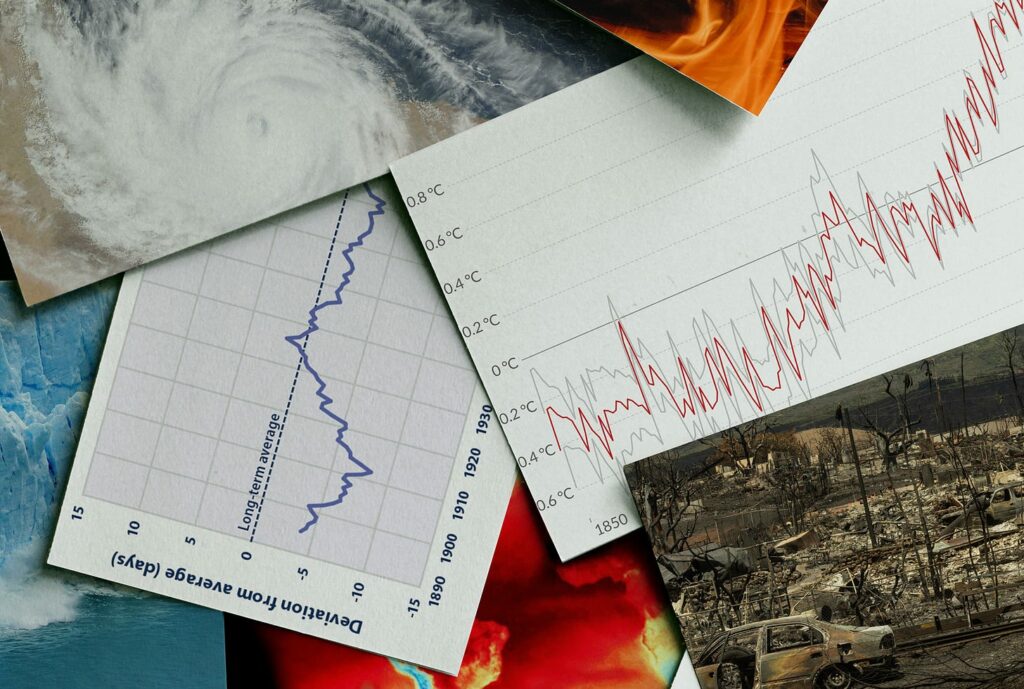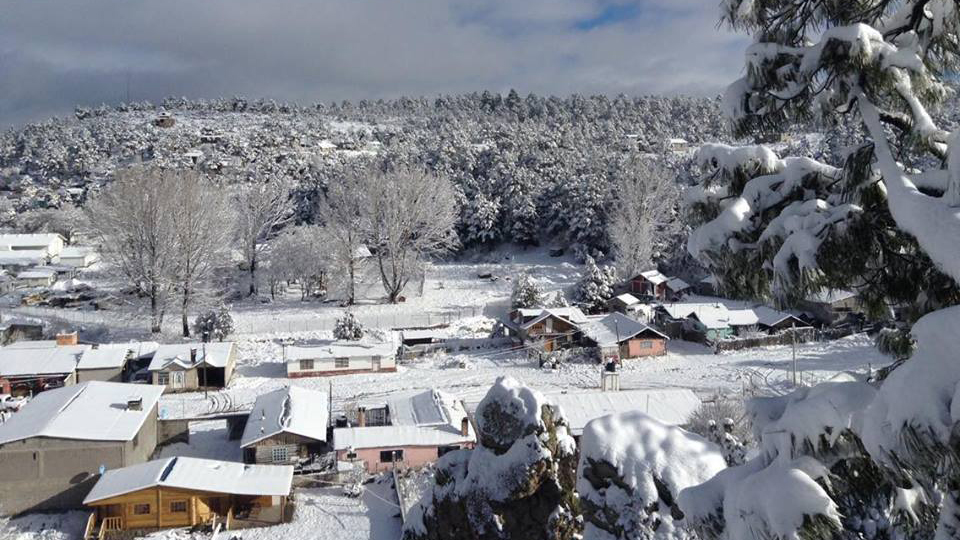From CO2Science: Hot weather or cold weather, which of these two should society be most concerned about? If you listen to the rhetoric of climate alarmists, you’d be convinced it’s the former. But if you follow the data, you’d know it’s the latter. Cold weather is far more deadly and a much greater societal concern than warm weather, which fact is once again illustrated in the accompanying review of a recently published peer-reviewed scientific paper in the journal Environmental Research by Rodrigues et al. (2020).
Paper reviewed: Rodrigues, M., Santana, P. and Rocha, A. 2020. Modelling climate change impacts on attributable-related deaths and demographic changes in the largest metropolitan area in Portugal: A time-series analysis. Environmental Research 190: 109998, doi.org/10.1016/j.envres.2020.109998.
As their contribution to this topic, the three Portuguese researchers “fitted a time-series generalized linear model with a quasi-Poisson model via a distributed lag nonlinear model to examine the association between daily variation in temperature and all-cause mortality” for the Lisbon, Portugal, Metropolitan Area over the period 1986-2005. The key findings of the historic relationship between temperature and human mortality are displayed in Figure 1.
Focusing first on the left panel (Figure 1a), we find thirty-day cumulative relative risks (RR) of mortality plotted against temperature, revealing the RR of extreme cold temperature (the 1st percentile of temperatures, i.e., those less than 4.5°C) is significantly higher (approximately twice as high -- 50 percent vs 25 percent) than that due to extreme warm temperature (the 99th percentile of temperature and above, i.e., greater than 33.7°C). What is more, the RR of mortality due to extreme warm temperatures was not found to be significantly different from the temperature of minimum mortality (approximately 28°C, see the aqua shading around the red portion of the line that dips below a RR of 1.0).
Further indication that cold weather is much more deadly and a concern than warm weather is evidenced in Figure 1b. There, we have plotted the proportion of deaths attributed to extreme cold (temperatures below the 1st percentile), moderate cold (between the 1st percentile and the temperature of minimum mortality risk), moderate heat (between the temperature of minimum mortality risk and the 99th percentile) and extreme heat (temperatures above the 99th percentile) as reported by the authors for the Lisbon Metropolitan Area. As illustrated, the proportion of deaths attributed to extreme cold, moderate cold, moderate heat and extreme heat amount to respective percentages of 0.5, 14, 0.1 and 0. Thus, when combined (extreme and moderate cold versus extreme and moderate heat), deaths due to cold weather (attributable fraction of 14.5) are a whopping 145 times greater than deaths due to warm weather (attributable fraction of 0.1)!
Based on the results presented above, it is clear that from a policy standpoint efforts should be focused on reducing human mortality due to cold weather.

Figure 1. 30-day cumulative relative risk (RR) of mortality due to temperature (Panel a) and proportion of deaths attributed to temperature (Panel b) in the Lisbon, Portugal Metropolitan Area over the period 1986-2005. Adapted from Rodrigues et al 2020.



It goes without saying that cold is terrible
The history of the last 500 years was shaped by the little ice age, the main driver of explosive outflow from Europe to the rest of the world.
Canada was the least desirable end point to go, Caribbean and warmer preferred although disease made that a two edge sword
It goes without saying that cold is terrible
The history of the last 500 years was shaped by the little ice age, the main driver of explosive outflow from Europe to the rest of the world.
Canada was the least desirable end point to go because cold duh,, Caribbean and warmer preferred although disease made that a two edge sword